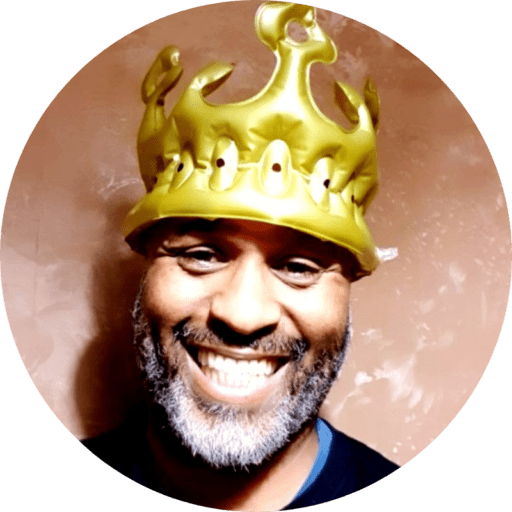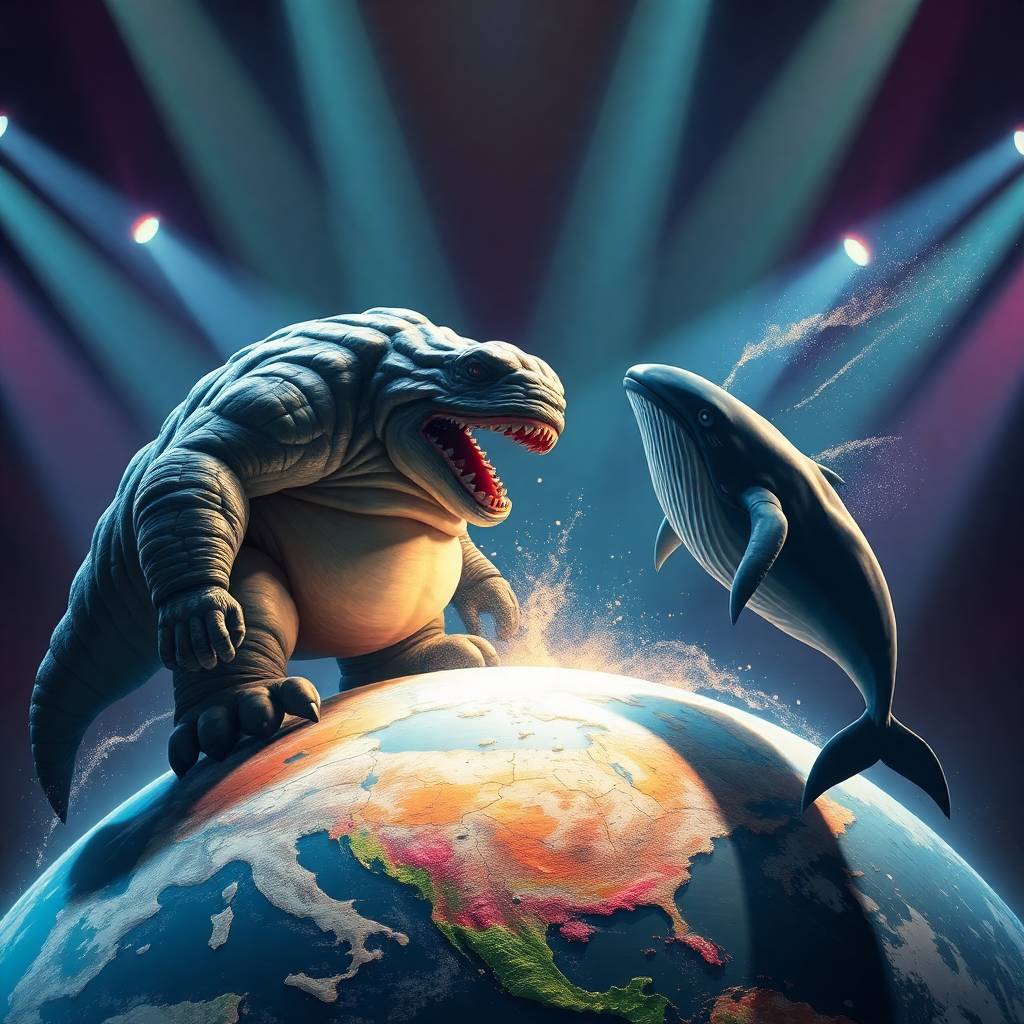Right, let’s talk survival in the 21st century. It’s not enough to be a nation anymore; you’re either part of a gang, or you’re shark bait. I’m talking about the “blocs” – the EU, NATO, whatever economic pact is flavor of the week. And then you have the “whales,” the tech titans, the financial behemoths, those unelected corporate leviathans that are turning us all into their personal playthings. It’s a messed-up world, and frankly, if you’re not in a bloc, you might as well be wearing a “kick me” sign on your back.
The Blocs: Necessary Evil or Just Evil?
Let’s face it, the whole “bloc” thing is a bit of a con. Nations, puffed up with their ancient flags and national anthems, huddling together for “strength in unity.” It’s a bit like watching toddlers build a fort to keep out the neighborhood bully. Sure, they might look formidable on paper with their “shared interests” and “collective defense” buzzwords, but it usually boils down to bureaucratic nightmares and compromised sovereignty. But, let’s be honest, in this shark tank, you need a bigger boat, even if the boat’s leaking.
- The Necessity of the Gang: Let’s be brutally frank. If you’re a mid-sized country not named “USA” or “China,” you’re basically a tasty treat for the whales, unless you have bloc protection. These corporations can – and will – exploit your resources, manipulate your markets, and influence your politics until you’re a hollowed-out shell. So, being in a bloc? Kind of a necessary evil, like a poorly-maintained shield against the corporate hordes.
- Bureaucracy: A Feature, Not a Bug: However, blocs, by their very nature, are bureaucratic monsters. They are slow, lumbering, and about as agile as a three-legged elephant. Decision-making gets bogged down in endless meetings, while the whales, light on their feet, dance circles around them, gobbling up whatever they want.
The Whales: Unstoppable, Untouchable, and Unethical
And then, of course, we have the whales. They are the true power brokers of the 21st century. These companies control our information, our communication, and increasingly, our finances. They’re not constrained by borders, constitutions, or any pesky notions of human rights. They are profit-maximizing, data-hoarding, algorithm-wielding machines, and you’re all just pieces on their digital gameboard.
They operate in a realm where accountability is a quaint myth, and their only loyalty is to their bottom line. You don’t elect them, you can’t vote them out, and any attempts at regulation just seem to make them stronger. They’re the digital equivalent of a natural disaster, and we’re all just trying to build sandcastles on the beach.
Civil Liberties: Gone With the Tide?
So, how are these power plays impacting your everyday life? You guessed it – badly. Here’s a grim recap:
- Unaccountability: The Whale’s Favorite Sport: The whales play by their own rules and have no need to justify their actions. They collect your data, manipulate your emotions, and push you around without ever facing any consequences. They are untouchable. They don’t even pretend to give a damn. [1]
- Democracy, A Relic of the Past: Whales are practically buying politicians in bulk. Your elected representatives are like puppets, doing whatever their corporate masters tell them to do. They’re just there to offer the illusion of democracy, while the real power resides in the boardrooms of the whales. [2]
- Social Media: The Brainwashing Machine: Platforms like Facebook, X, YouTube aren’t platforms; they’re carefully designed propaganda machines. They amplify the worst of humanity while suppressing dissent, all in the name of engagement and profit. And the digital barons? They’re fine with this, as long as the clicks keep coming. [3]
- Privacy: What Privacy?: Big Tech views your data as their personal piggy bank. They collect it, sell it, and use it to manipulate you, all under the guise of “personalized experience.” And you? You’re just giving it all away. For “free” access to their services. [4]
- Censorship: By Algorithm: The whales now decide what information you get to see, and what you don’t. They’re the gatekeepers of the internet, and they’re not exactly fair-minded about it. And if they disagree with your views, well, too bad, they will just ban you. [5]
The Bloc’s Dilemma: Be Big, Be Agile. Can It Be Done?
So, the challenge for nations is clear: you need to be in a bloc for protection, but blocs tend to be slow and cumbersome. The central problem? How do you create a large, powerful entity (a bloc) that also has the agility and dynamism of a smaller, more flexible entity?
It’s like trying to design a cargo ship that can also win a speed boat race. It’s a contradiction, but that’s the bind we’re in.
A Few (Probably Futile) Ideas
So, what to do? It’s a long shot, but here’s the plan:
- Demand Actual Democracy: Seriously, make politicians earn their keep, not the corporations.
- Regulate the Whales: Enact real laws with real teeth to keep these corporations in check. And don’t let them “self-regulate”. That is like asking the wolf to guard the sheep.
- Become Social Media Literate: Learn how to spot the scams and manipulation tactics of social media. And then spread the word.
- Fight for Privacy: Stop giving away your personal information for free.
- Support the Resistance: Find the people trying to challenge the status quo and back them, whatever it takes.
The Grim Conclusion
Look, we’re not in a good place. We’re being squeezed between lumbering blocs and power-hungry whales. The odds are stacked against us. But if we don’t start demanding change, we’re all going to be swimming in data and propaganda, and no one will even remember what “freedom” meant in the first place. So, get angry, get organized, and get ready to fight – because no one else is going to do it for you.
References:
[1] Zuboff, Shoshana. The Age of Surveillance Capitalism: The Fight for a Human Future at the New Frontier of Power. PublicAffairs, 2019.
[2] Lessig, Lawrence. Republic, Lost: How Money Corrupts Congress—and a Plan to Stop It. Twelve, 2011.
[3] Vaidhyanathan, Siva. Antisocial Media: How Facebook Disconnects Us and Undermines Democracy. Oxford University Press, 2018.
[4] Lyon, David. Surveillance after Snowden. Polity, 2015.
[5] Morozov, Evgeny. The Net Delusion: The Dark Side of Internet Freedom. PublicAffairs, 2011.


Leave a Reply